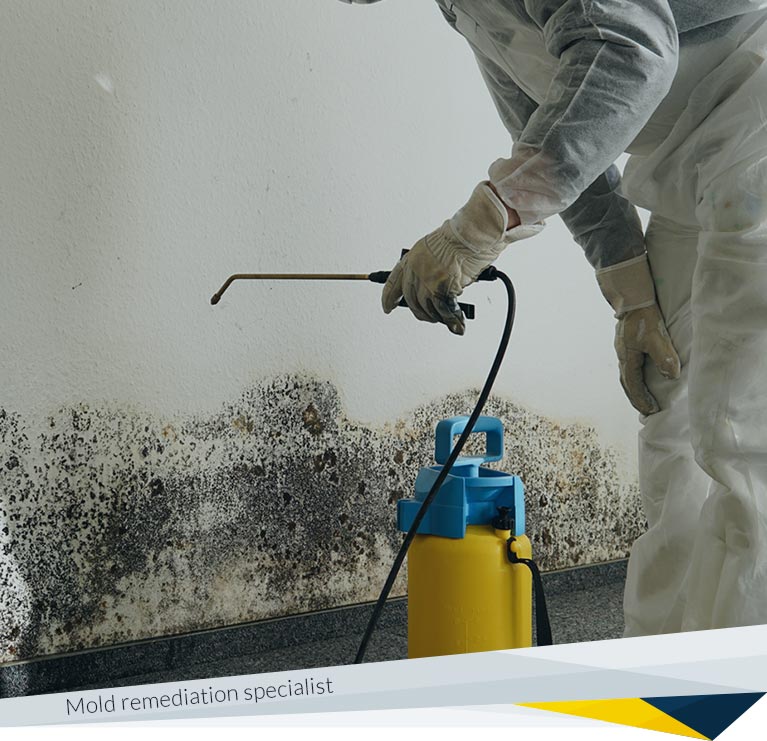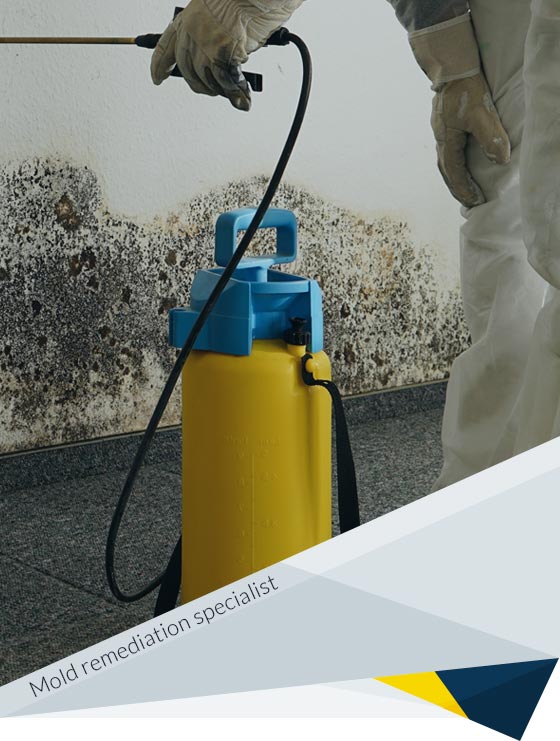
Black mold is a common type of mold from the species S. Chartarum. It is also known as the toxic black mold in the United States, and in most cases, it is related to the poor quality of the air indoors. The poor air quality mostly comes up after fungus develops on the building materials that have been damaged by water. But the fact that they are called toxic does not necessarily mean they are toxigenic or that, they produce toxins. The dangers posed by molds that produce mycotoxins should be considered the same as the molds that grow in the house.
If you have a good sense of smell, it will be quite easy to know if black mold is growing in your house. The black mold has a strong unpleasant odor that is musty and also earthy like dirt and leaves that are rotting. In most cases, it hides in a dark place where it can access food and water and the temperature is usually moderate, that is neither freezing nor boiling.
Moisture is the primary requirement for the growth of black mold. If the weather is rainy for some time, the chances of mold growing in the house are very high. Other daily activities in the house that may cause black mold include:
The toxic black mold is hazardous to both human and pets as it feeds on the organic materials in the house. Also, the mold tends to release spores which are harmful to the body if they are eaten or inhaled. In the human body, the mold attacks the respiratory system in most cases where it causes unpleasant symptoms and hazardous effects. Some of the symptoms that may occur in the case where one has already been in contact with the mold include:
In cases where one has been exposed to the black molds for a long time, the health effects are more advanced. The molds can trigger allergic reactions, nausea, vomiting, nose-bleeding, and bleeding of the lungs.
Molds cannot grow in a place that is exposed to UV rays and therefore ensuring that sunrays are getting into your house will enable you to get rid of them. Molds also require warmth to grow, and thus, having air conditioners in your home will prevent their growth.
One can also get an expert to remove the mold for them and then exercise preventive measures afterward to deter the fungi and molds from growing again.




